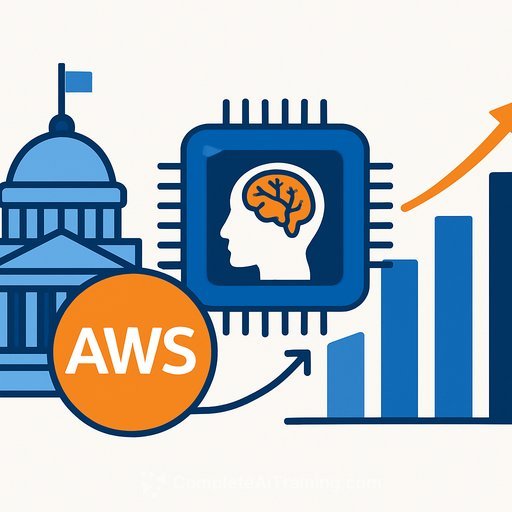Top Use Cases for Agentic AI in Revenue Cycle Management
Agentic AI is beginning to deliver tangible benefits in revenue cycle management, helping healthcare organizations boost efficiency, automate tasks, and improve payment accuracy. As technology vendors and providers invest in this evolving AI technology, its practical applications are becoming clearer.
Current agentic AI use cases focus on improving financial processes and patient experiences by enhancing automation and accuracy. Key areas of impact include claims management, prior authorizations, denial management, and patient financial engagement.
Patient Eligibility and Benefits Verification
Verifying patient eligibility and benefits has traditionally been a labor-intensive, repetitive task. Agentic AI can automate this by extracting relevant information from insurance cards, electronic health records (EHR), and other health IT systems using natural language processing. It then queries payer systems in real time through APIs to confirm coverage.
This automation speeds up the revenue cycle and reduces denials caused by eligibility errors. It also enables healthcare organizations to increase verification volume, smoothing billing and collections downstream. In fact, 70% of healthcare professionals express interest in using AI agents for eligibility and related tasks.
Prior Authorizations
Obtaining prior authorizations remains a significant bottleneck, often causing delays in care and burdening staff. Agentic AI can autonomously collect clinical documentation and patient data, review payer policies, complete and submit authorization requests, and track their status with minimal human input.
AI agents can identify compliance issues or missing documents that might delay approval, helping to clear the way for cleaner claims. This reduces administrative overload and speeds up pre-service processes like benefit verification and prior authorization.
Denials Management and Appeals
Claim denials are increasing as claim volumes grow, exacerbating staffing challenges. Agentic AI can analyze denial codes, detect patterns, and retrieve data needed to correct errors. It prioritizes denials based on their revenue impact so organizations can focus efforts more effectively.
One of the strongest applications today is automating the appeals process. Agentic AI can handle appeals from initial denial through submission, replacing manual tasks like contacting payers and compiling appeal packets. This scalability leads to faster appeals and higher rates of denial overturns.
Claims Management
Claims management involves complex tasks like interpreting payer contracts. Agentic AI can automatically analyze these contracts to understand rules for clean claim submission and gather necessary information. It learns from payment and denial trends to optimize claims processing over time.
Automating claims submission reduces approval times and errors, and improves pre-bill scrubbing to enhance middle- and back-end workflow efficiency.
Patient Financial Communications
Many industries already use AI agents for customer service, and healthcare is adopting this approach to improve patient financial communication. Agentic AI can handle routine billing inquiries online, providing answers about charges, payment options, and even personalized billing details like deductible status.
These AI agents can process payments and support multiple languages, improving accessibility. They also escalate interactions to human representatives when needed, ensuring patients get the right support while streamlining call center operations and increasing first-contact resolution rates.
Looking Ahead
While agentic AI is proving valuable in these areas, this is likely just the beginning. Advances in data availability and AI tools enable rapid scaling of new applications that can improve revenue cycle operations.
AI agents capable of communicating and learning from each other could further reduce errors and accelerate processes across departments.
For management professionals interested in expanding their knowledge of AI applications in healthcare finance and automation, exploring comprehensive AI training resources can be a valuable step. Consider visiting Complete AI Training for a range of courses designed to build practical AI skills.
Your membership also unlocks:






